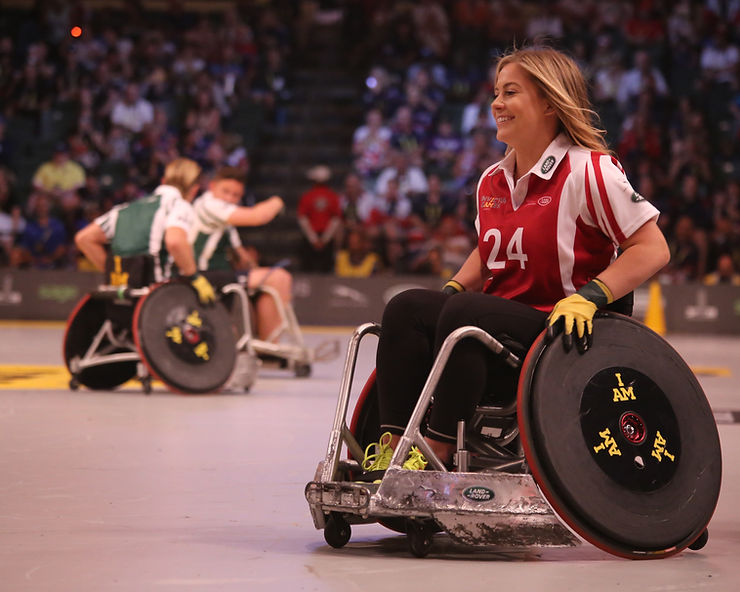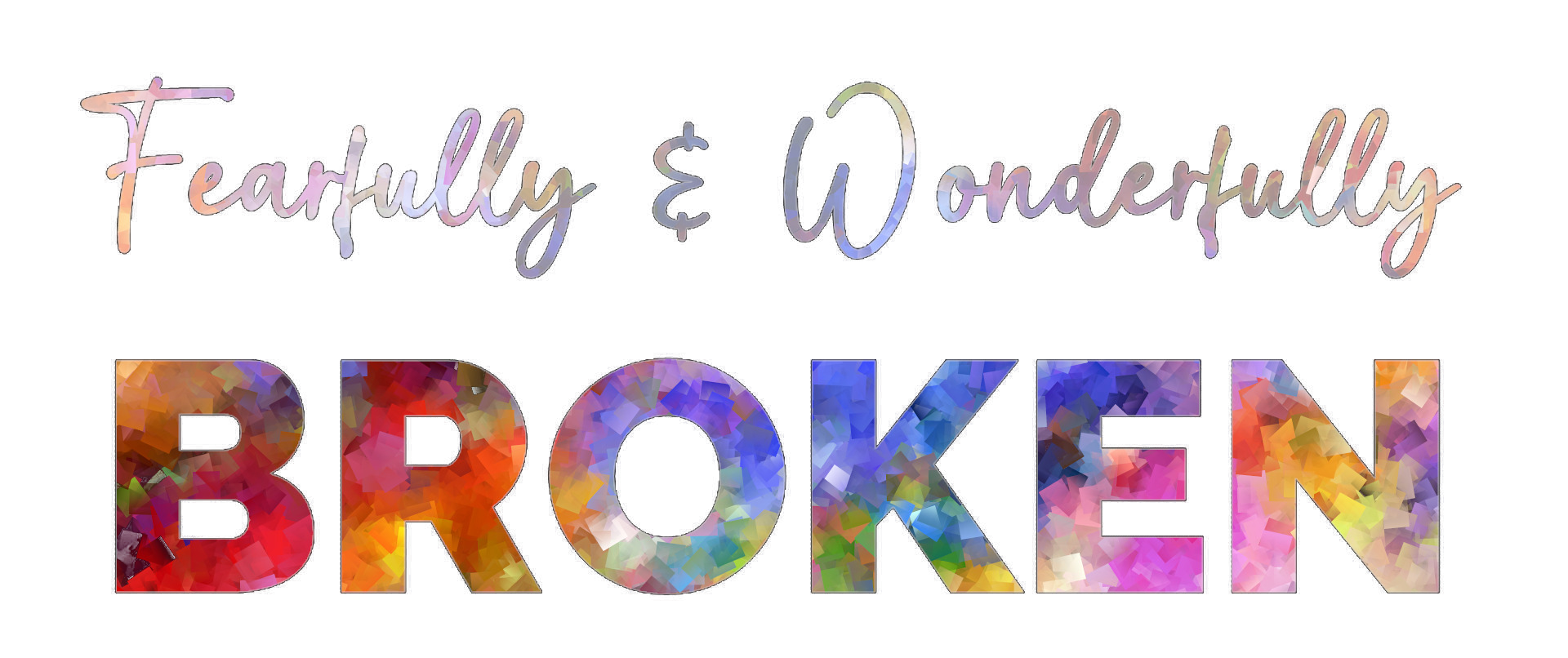Dear John,
So is autism a disability or not?

I’ve resisted that label for a long time; I think it’s because I don’t feel disabled. I’ve changed my mind though.
A person whose legs don’t work properly and who needs a wheelchair can still live a full and productive life. They just have some things that “normal” people can do that they can’t. And they might well have built up other strengths that far exceed what “normal” people can do, which help to compensate for their weaknesses. Watch the Paralympics some day – those folk are seriously impressive!
I think the same is true of you. You can’t do lots of the sensory filtering that other people take for granted. You often have trouble understanding sloppy wording and usually miss a large fraction of non-verbal communication.
And, sure, I think you more than make up for it in other ways, with your precision and analytical skills and numerical skills and so on, but that doesn’t change your natural lack of ability at core skills.
But why should lack of ability to read body language count as a disability when lack of ability to do A-level Further Maths doesn’t?
Fundamentally, it’s because most people have the body language skills and not the maths skills. Your skill set is unusual, both for good and ill, and therefore society is largely set up for people who aren’t like you.
And because society often requires skills that you don’t have just in order to function normally, because it treats things like answering the phone as easy, when it’s far harder for you than for normal people, you count as disabled.
The world treats a lot of the things you find easy as unusual or difficult. And it doesn’t make as much allowance as it probably should for things that you find very difficult but most people don’t have a problem with, like people speaking quietly on the other side of a library.
I was at Bible college with a lovely chap called Steve. He was a big, very friendly, very gentle, very enthusiastic guy who was often a bit loud. Because I don’t cope well with noise, I experienced him as intensely annoying. And he’d probably have been devastated to know that.
Proverbs 27:14 explains the situation well. “If anyone loudly blesses their neighbour early in the morning, it will be taken as a curse.”
It came to a head one day in the library. Steve was chatting to someone some distance away. I was trying to work, but unable to filter out the noise of his conversation, which he kept prolonging more than was necessary. Eventually I could bear it no more and loudly threatened to throw him out of the window if he didn’t shut up. That’s really not how people should behave at Bible college!
You would doubtless respond that neither of those sets of actions are how people should behave at Bible college, with more sympathy for me than for Steve. The difference is that maybe his expectations for how much noise people could cope with were entirely reasonable on the basis of what most people are like. Maybe 95+% of people could cope with his chatting. I know I used to spend ages trying out different places to work, trying to find somewhere that was quiet enough for me to be able concentrate, and I would pass dozens of people who seemed to be concentrating well in places that were much too noisy for me.
If I had been more aware back then of how bad I am at filtering out background noise compared to most people and if I’d recognised it as a disability at that point, I could have asked the college or university authorities, and they would have been obliged to make reasonable accommodations for me. Perhaps in a space with a soft floor, no leafblowers within 200m, a strict ban on crisp packets and people excluded for two weeks per sentence spoken, including enquiries. Or maybe they’d just have sent me to the basement of the nearby Science library and told me to wear headphones, which is what I eventually did. It didn’t have natural light, but it did have a carpet, not many users, and even fewer who wanted to talk.
Now we could get into the distinction between the medical model of disability which says that you’re lacking certain key abilities and the social model which says that those abilities are only important because society “chooses” to make them important. Except that I’m not sure it’s a helpful distinction – both models are obviously right in some aspects and wrong in others.
For example, normal human audio filtering – that’s an objectively useful skill you just haven’t got and most people have. It’s useful in all kinds of situations. Nothing social about it – it’s a medical disability. University freshers’ social events mostly revolving around situations where you are expected to make conversation with loud music on, so needing that skill which you don’t have and leaving you at a social disadvantage – that’s pure social disability. People chose to make the events like that and so disadvantaged you.
All the best,
Future John

Fearfully & Wonderfully Broken is a series of letters from an autistic pastor to his teenage self, covering topics like faith, autism, disability and how to cope with life.
Most of the titles are deliberately wrong, and/or provocative (see letter 2).
 John Allister is the vicar of St Jude’s Church in Nottingham, England.
John Allister is the vicar of St Jude’s Church in Nottingham, England.
At age 18, he was a maths/science geek who didn’t realise he was autistic.
